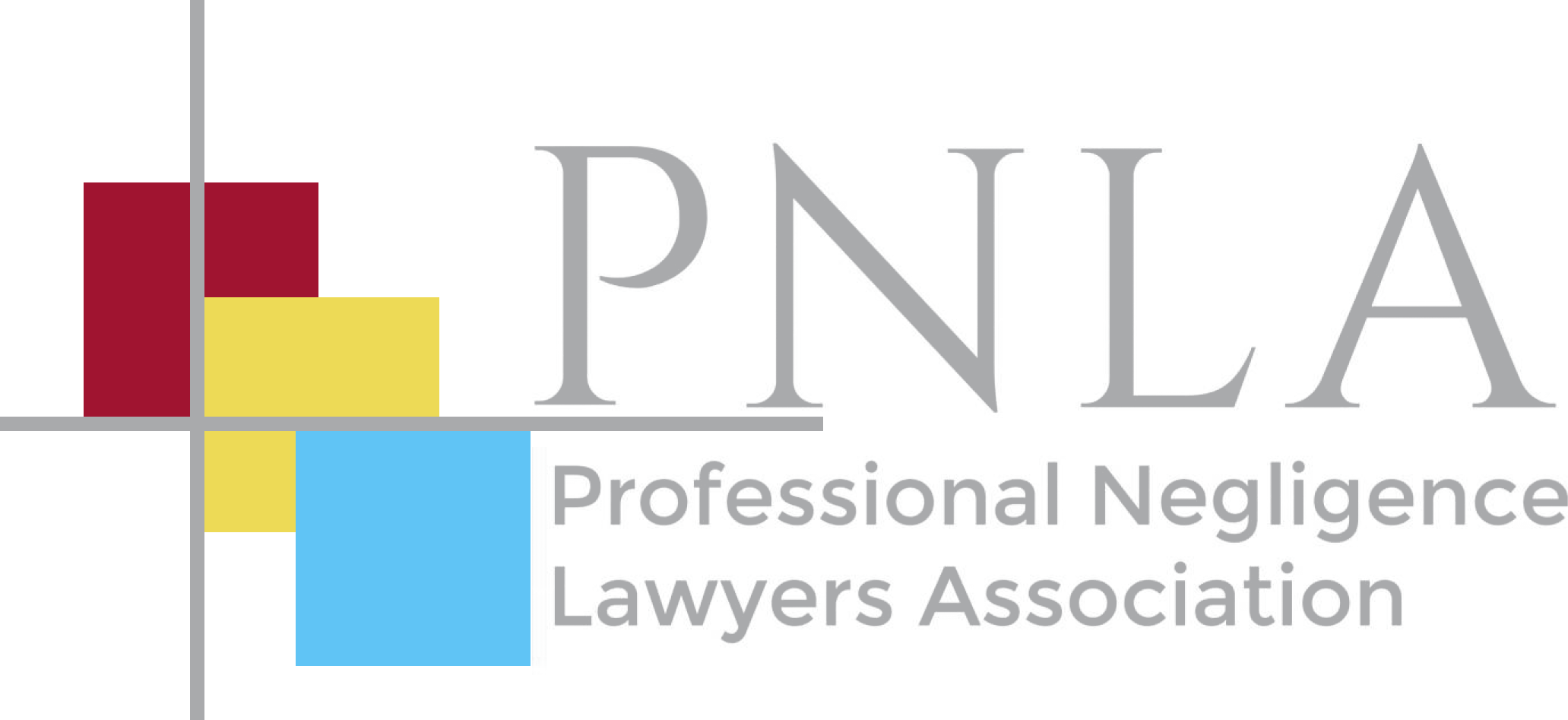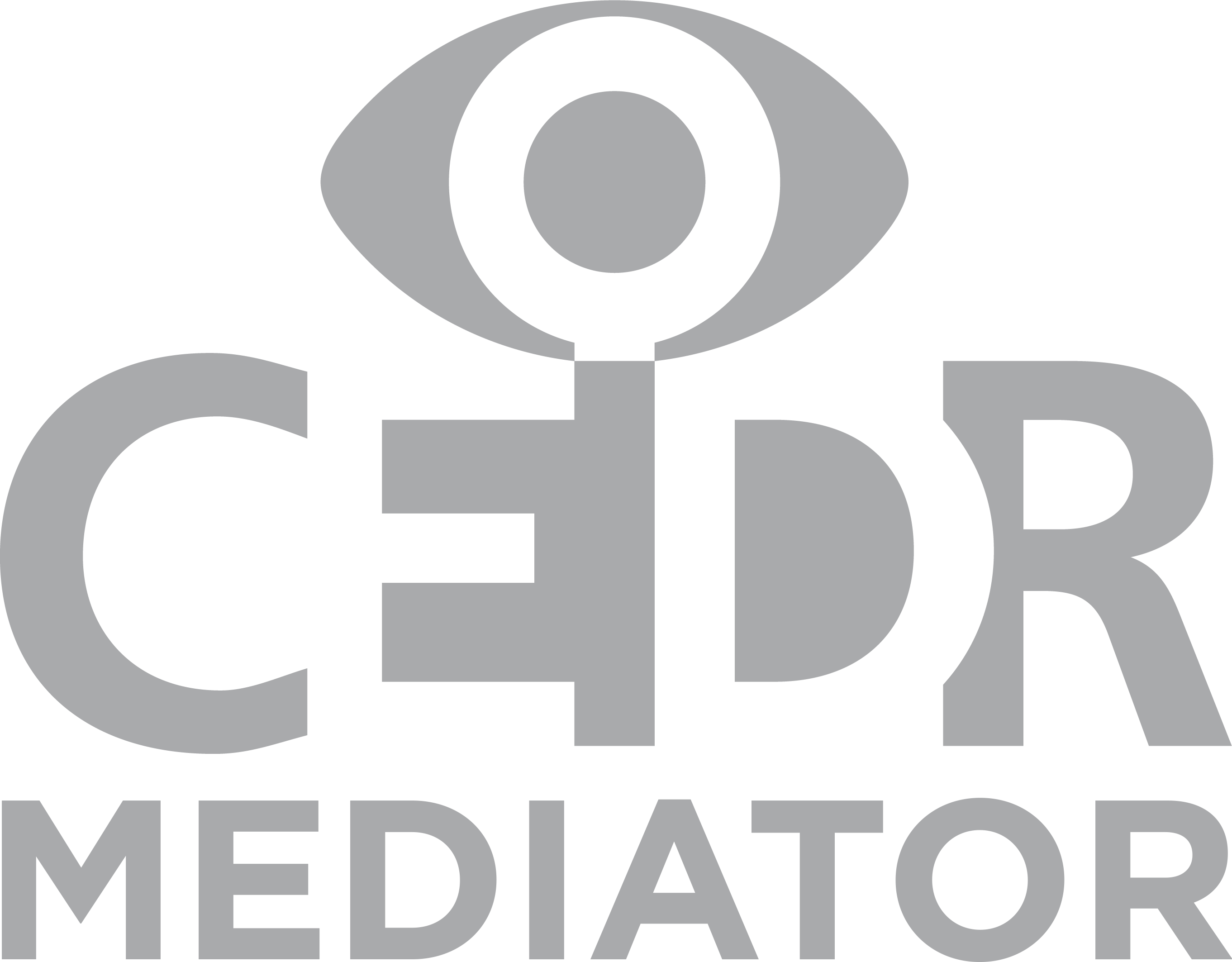Insolvency
If you cannot pay your debts, you are insolvent. Depending on your situation, there are a number of possible solutions. Insolvency does not automatically mean bankruptcy. Only a court can declare you bankrupt. There are options to avoid bankruptcy. If you need to reorganise your business or personal financial affairs and to ensure the best protection for you and your family, the advice of a professional may make all the difference. You can avoid bankruptcy. We have been active in the area of insolvency law for over 30 years.
Bill Holohan is one of the leading Irish authorities on Insolvency and Bankruptcy law. He has acted on behalf of the Assignee in Bankruptcy and for financial institutions, but also on behalf of debtors in advising on debt restructuring. He is the author of a number of books on these subjects and regarded as the foundation of legal knowledge in these areas. He is a founding member of Restructuring and Insolvency Ireland.
Personal Insolvency
There are now three options under the Personal Insolvency Act, 2012:
- Debt Relief Notices – where the courts declare you unable to pay your debts protecting you from a lender for three years.
- Debt Settlement Arrangements – where a payment arrangement for unsecured debt is approved by the courts having been made by a Personal Insolvency Practitioner (PIP).
- Personal Insolvency Arrangements – where a payment arrangement for both secured and unsecured debt is approved by the courts having been made by a PIP.
Bankruptcy
If you are in serious financial difficulties, you may decide that declaring bankruptcy is the best solution for you. However, this is a drastic option and requires careful consideration after looking at all other available options and ruling them out.
If you are declared a Bankrupt, all of your assets with the exception of necessities up to a value of €6,000 (this can be increased in certain circumstances), are transferred to the Official Assignee.
The Official Assignee will sell the assets, pay costs and expenses and certain priority debts (such as taxes) and then distribute the remainder of the proceeds amongst your creditors. If you own a family home or part of it, the Official Assignee may only sell it with the prior permission of the court. Where this permission is sought, the court will balance the interests of your creditors against the interests of your family and may decide to postpone the sale. If property is held jointly (for example, with a spouse) the bankruptcy will cause the joint ownership to be split between the Official Assignee and the non-bankrupt co-owner.
The court can use your salary and/or pension for the benefit of your creditors, subject to any arrangements it may make to provide for your family responsibilities and your personal situation. No deductions will be made from social welfare payments.
Once you have been declared bankrupt, you will be guilty of an offence if:
- You do not disclose the bankruptcy when getting a loan or any other credit facility of €650 or more.
- When trading in a name other than that in which you were made bankrupt, you do not disclose the bankruptcy.
- You act as a director, manager, auditor, liquidator or receiver of a company without permission of the court.
- These offences carry a maximum penalty of 5 years in prison and a fine of €1,270.
Other consequences of bankruptcy are:
The Official Assignee can claim assets that you acquired after the date you were made bankrupt, (such as a gift or inheritance).
If you wish to travel outside the State, you should tell the Official Assignee. You may be arrested if it seems to the High Court that you are leaving the State in order to avoid the consequences of your bankruptcy.
You usually will be discharged from bankruptcy after twelve months, unless the official assignee or creditors apply to extend your bankruptcy for stated reasons.
Corporate Insolvency
Holohan Lane LLP has an acknowledged reputation in the area of Corporate Insolvency and restructuring debt. We have been active in this area of law for over 30 years.
If you are facing Insolvency, we can advise you on the range of options available to you. We provide advice to companies, directors, shareholders and creditors. We also advise banks and PIPs on all aspects of insolvency matters. We are experienced in the areas of formal and informal restructuring and arrangements with a view to avoiding formal insolvency procedures, as well as examinerships, liquidations (both voluntary and involuntary), and receiverships. We also have experience of dealing with restriction and disqualification of directors, minority shareholder actions, and asset recovery actions.




